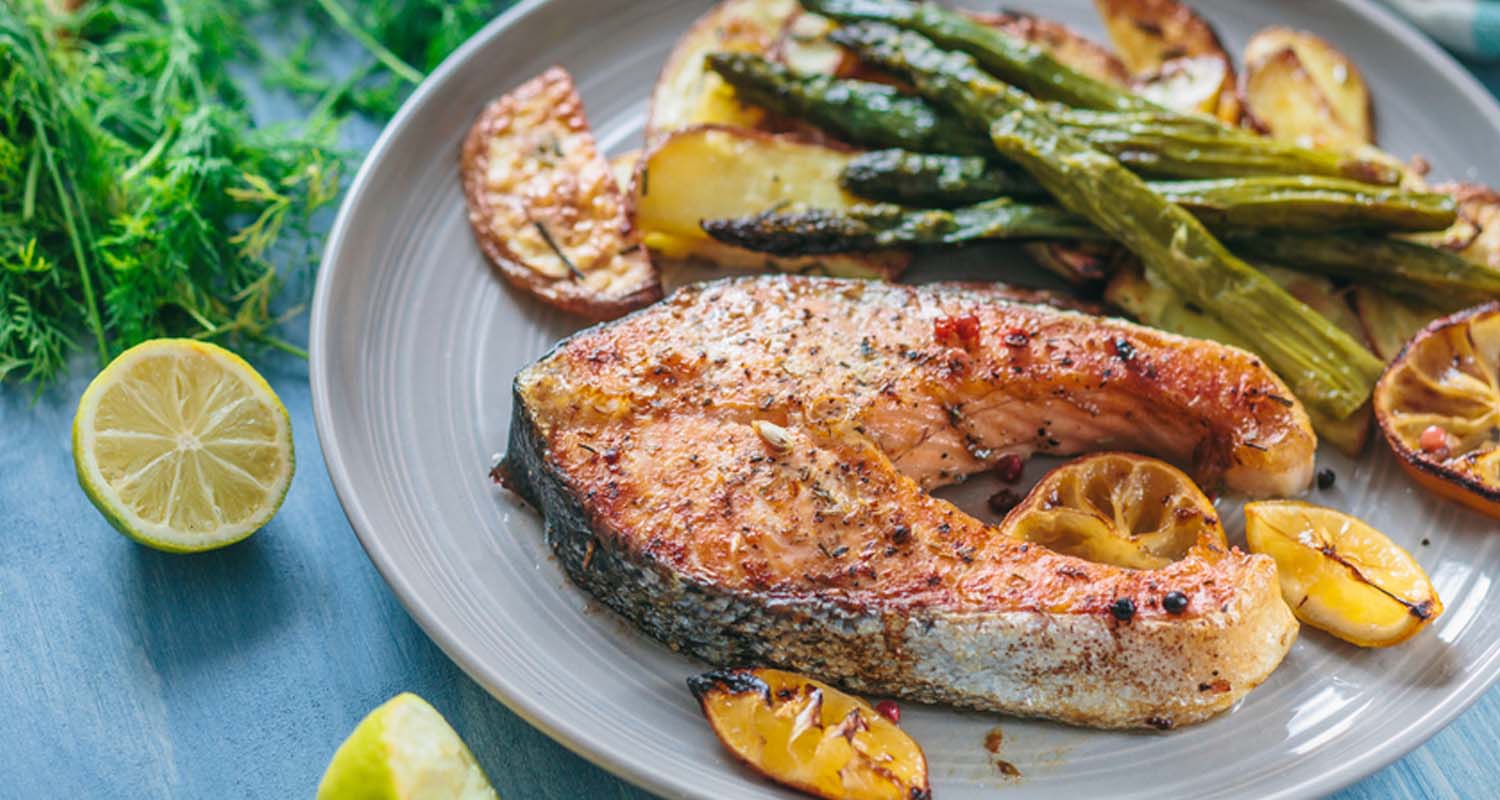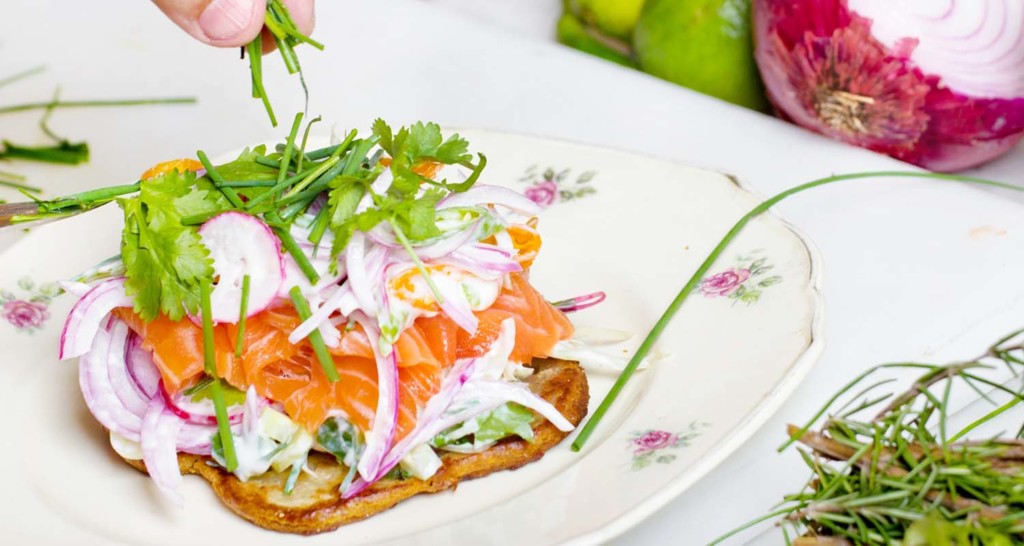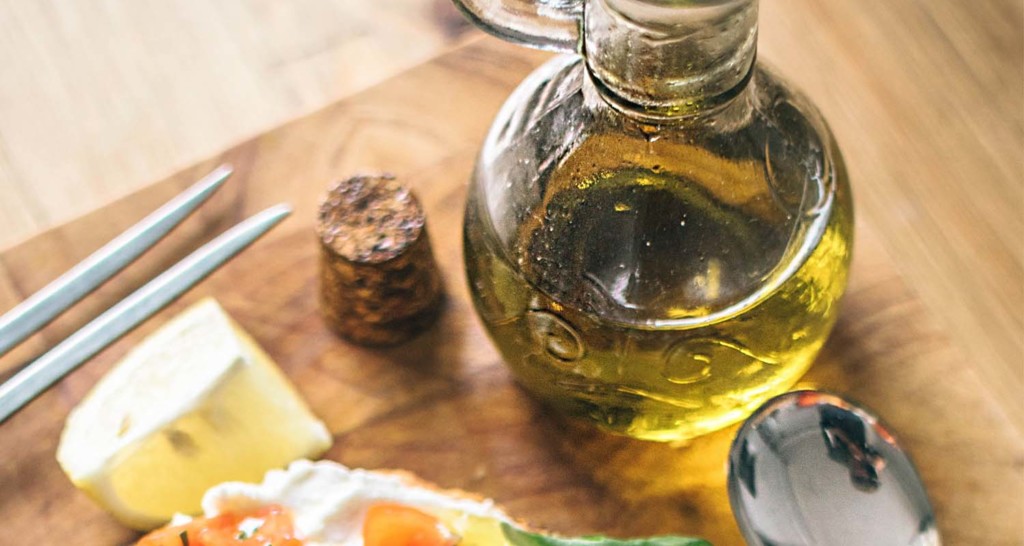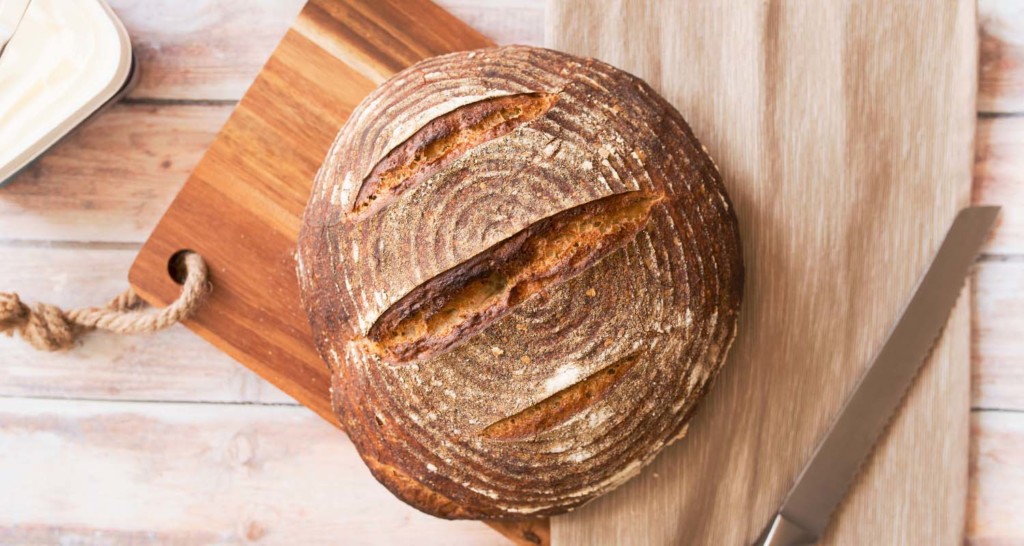
- The Mediterranean Diet plan gets considerable acclaim as the healthiest diet in the world, the diet that helps you live the longest, and the plan that protects against heart disease.
- It’s a good start, but the Mediterranean Diet doesn’t take into account blood sugar, toxins, harmful proteins in grains, and toxic load. If you’re not careful, you can end up with a lot of inflammation working against you.
- Swapping fish and olive oil for muffins and hot dogs is an impactful first step. Read on to find out what dietary steps you can take to really help your waistline — and your heart.
The Mediterranean Diet gets considerable acclaim as the healthiest diet in the world, the diet that helps you live the longest, and the plan that protects against cardiovascular disease. There’s something to that, especially if you’re switching over from a typical western diet.
Scientists have been keeping a close eye on the Mediterranean Diet, and they have found that people experience benefits worth paying attention to, like:
- Reduced markers of coronary heart disease risk[ref url=”https://jamanetwork.com/journals/jamainternalmedicine/fullarticle/486851″]
- Favorable changes in plasma fatty acid profiles (a cardiovascular risk marker) [ref url=”https://academic.oup.com/ajcn/article/61/6/1360S/4651220″]
- Slower progression of existing cardiovascular disease[ref url=”https://jamanetwork.com/journals/jama/fullarticle/199488″]
- Slower cognitive decline[ref url=”https://jamanetwork.com/journals/jama/fullarticle/184384″]
Swapping fish and olive oil for muffins and hot dogs is an impactful first step. But, there are some things you can do to to kick it up a notch. Read on to find out how to take the Mediterranean Diet to the next level.
What is the Mediterranean Diet?
There are slight variations depending on your source, but most generally, on the Mediterranean Diet, you eat:
- Vegetables
- Fruits
- Nuts, seeds, and legumes
- Potatoes
- Whole grains and breads
- Herbs and spices
- Fish and seafood
- Extra virgin olive oil
- Poultry, eggs, cheese and yogurt (in moderation)
- Red meat (rarely)
And you avoid:
- Added sugar
- Refined grains
- Trans fats
- Refined Oils
- Processed meat
- Highly processed foods
Cutting sugar and just a few of the things in the “avoid” category — that’s a good idea for everyone, and you’ll probably see major improvements from just a few of these changes.
But there’s more. You can shoot your results through the roof by paying attention to things like inflammation, antinutrients, where your food comes from, and a couple more small tweaks.
Saturated fat and the Mediterranean Diet
The Mediterranean Diet plan says to avoid trans fats, and stay away from refined oils. Bring on the extra virgin olive oil.
Makes perfect sense. Everyone should get behind that.
This is an incomplete picture, though. The Mediterranean Diet shuns saturated fats, but there are piles and piles of measured scientific evidence that it’s better than its unsaturated counterparts. A few examples:
- In one study, people who ate more vegetable polyunsaturated fats (PUFAs) and less saturated fat didn’t get healthier…they died.[ref url=”https://www.ncbi.nlm.nih.gov/pubmed/23386268″]
- PUFAs (found in vegetable, corn, canola and soybean oil) don’t protect you from coronary heart disease, cardiovascular disease, atherosclerosis, stroke, or mortality like the AHA claims.[ref url=”http://www.bmj.com/content/353/bmj.i1246 “] [ref url=”https://www.ncbi.nlm.nih.gov/pubmed/9635993″] [ref url=”http://ajcn.nutrition.org/content/early/2010/01/13/ajcn.2009.27725.abstract”]
- In fact, eating less saturated fat and more linoleic acid from plant-based oils increased deaths from coronary heart disease, cardiovascular disease, and deaths from all causes.[ref url=”https://www.ncbi.nlm.nih.gov/pubmed/23386268″]
What about extra virgin olive oil on the Mediterranean Diet?
Extra virgin olive oil is a monounsaturated fatty acid, which means it’s highly unstable. It’s highly nutritious if it’s not damaged, so handle with care. Drizzle it over your salad or veggies, but don’t heat it over 320 degrees. Make sure it’s in a dark glass bottle away from a light source, because it can oxidize just hanging out on your shelf.
Most importantly, get your olive oil from a reputable source. Olive oil fraud is big business, and you don’t want to think you’re doing something healthy for yourself when you’re actually ingesting cheap rancid oils that have been fragranced to mimic olive oil.
The Mediterranean Diet and blood sugar
The key to a successful change in habits is removing obstacles. Simply feeling hungry derails the best-laid plans when people start a new way of eating, and that comes from fluctuations in blood sugar.
The Mediterranean Diet lays out what to eat, but doesn’t break down proportions or when. While choosing good types of foods is a good start, too much of this or not enough of that can throw you off.
To keep your blood sugar happy and your hunger at bay, keep fruits, grains, potatoes, and other carb-heavy foods to a minimum. It might be helpful to track your macronutrients while you’re just starting out, so that you can follow how you feel when you have more carbs or less carbs. Here’s how to find your carbohydrate sweet spot.
Carbs are only part of the blood sugar equation. You have to have adequate fat to keep your blood sugar steady and keep you feeling full. The fatty fish and olive oil that you get on the Mediterranean Diet are your friends. Here’s an article on how good amounts of fat help you lose weight.
Keeping toxins low on the Mediterranean Diet plan
The Mediterranean Diet plan details what to eat, but doesn’t get into where to source your food. With the way farmers and manufacturers produce food today, you can’t ignore the role of toxins in your food.
Take glyphosate, for example. Glyphosate is the most widely used herbicide on the planet, and it’s the main active ingredient of the weed killer Roundup. Glyphosate carries with it some pretty nasty problems, like:
- It mimics estrogen, and causes human breast cancer cells to grow in vitro[ref url=”https://www.ncbi.nlm.nih.gov/pubmed/23756170″]
- It’s toxic to mitochondria, the power plants for our cells[ref url=”https://www.ncbi.nlm.nih.gov/pubmed/16263381/ “][ref url=”https://www.ncbi.nlm.nih.gov/pmc/articles/PMC1764160/”]
- It damages human placental cells[ref url=”https://www.drperlmutter.com/wp-content/uploads/2016/03/Glyphosate_pathways_to_modern_diseases_IV_cancer_and_related_pathologies.pdf”]
And that’s just one of the cocktail of sprays that go onto your food in the field. You’ll also run into other chemicals, like anti-microbials that throw off the ecosystem of gut bacteria that contributes to your immunity and helps you digest your food.
Related: Glyphosate: Why Eating Organic Really Does Matter
Factory-farmed livestock are raised in crowded, filthy conditions, so farmers pump the animals full of antibiotics and growth hormones to keep them from dying and make them grow as quickly as possible. All of that makes its way into your food.
What’s more, the meat that comes from these animals are lower quality. Factory farmers feed an unnatural diet, so the fatty acid profiles coming from these meats aren’t the same as they would be if the animals were raised in better conditions with more natural feed. You end up with meat lower in beneficial fats and higher in inflammatory fats.
That’s probably why the Mediterranean Diet advises you to eat red meat only occasionally. Red meat from a feedlot leads to a lot of inflammation and heart disease. What the Mediterranean Diet doesn’t acknowledge is that small-scale, grass-fed, organic meats are extremely heart healthy and your body is better at using these fatty acids.
The bottom line: choose organic. Shop small-scale farms when you can, and pay attention to where your food comes from. It’s OK to eat red meat, as long as it’s grass-fed.
Whole grains, bread, and beans on the Mediterranean Diet
Grains and beans are some of the most carbohydrate-dense foods out there, so breads, rice, and beans will spike your blood sugar causing crashes and cravings later on. There’s more to the issue with grains and beans, though. They contain some proteins and compounds that humans just don’t handle well. Here’s a breakdown of some of the issues with grains and beans.
Whole grains are high in anti-nutrients
Every animal in nature wants the starch in grains for the easy calories and quick energy. So, grains had to develop ways to protect themselves from animals who want to eat them.
Since plants can’t run away, they developed chemical defenses against hungry herbivores. One of these is phytic acid. Phytic acid binds to minerals with positive charges and keeps you from absorbing them. That means you won’t benefit from the iron, zinc, and calcium from the grains you eat.[ref url=”https://www.ncbi.nlm.nih.gov/pubmed/17693180 “][ref url=”http://onlinelibrary.wiley.com/doi/10.1002/mnfr.200900099/epdf?r3_referer=wol&tracking_action=preview_click&show_checkout=1&purchase_site_license=LICENSE_DENIED_NO_CUSTOMER “][ref url=”https://www.ncbi.nlm.nih.gov/pubmed/20715598 “] The phytic acid will also bind to positively charged nutrients in any other veggies you eat alongside them.
Brown rice, wild rice, and whole wheat have the highest content of phytic acid, and the Mediterranean Diet says you can eat these with abandon. They’re high in phytic acid because a large portion of it is packed into the casing, the bran. White rice is much kinder to your system.
Grains, legumes and lectins
Lectins are another way plants defend themselves. Food naturally wears and tears your gut lining as it passes through. The normal repair process is part of the digestion program. Lectins interfere with the repair by binding to the lining of your gut and blocking healing.[ref url=”https://www.ncbi.nlm.nih.gov/pmc/articles/PMC1115436/?tool=pubmed”][ref url=”http://journals.plos.org/plosone/article?id=10.1371/journal.pone.0000687″] This leaves microscopic holes in the gut, which allows undigested food particles to pass through, and then you find yourself constantly afflicted with low-level inflammation.
Grains and beans are high in lectins, and it’s no surprise that the top allergen foods also have a high lectin content. The lectins in nightshade vegetables can be troublesome for some people, while others handle them just fine. Cooking and peeling removes some of the lectin content in vegetables (but not grains, they’re pretty heat stable), but some super-sensitive people have to avoid them completely.
Gluten and other grain proteins
You may have noticed a bit of an explosion of gluten-free offerings on your grocery store shelves. Some may call it a trend, but over the last 70 years there’s been a steady increase in the number of people who don’t tolerate gluten or other grain proteins.[ref url=”https://www.ncbi.nlm.nih.gov/pmc/articles/PMC2704247/”] People with a sensitivity, intolerance or full-on Celiac disease experience any combination of brain fog, inflammation, fatigue, joint pain, and gut issues – and they tend to resolve simply by avoiding grains.[ref url=”http://gut.bmj.com/content/early/2016/07/21/gutjnl-2016-311964.full”]
The Mediterranean Diet is a great way for people who are used to doughnuts in the morning to start feeling the difference that eating real food makes. After a while though, you may hit a plateau with weight or maybe you know you’re capable of having more energy or a clearer mind. That’s where these extra little tweaks come in. With a few minor changes, you can adjust the Mediterranean Diet to help you perform at max power.














